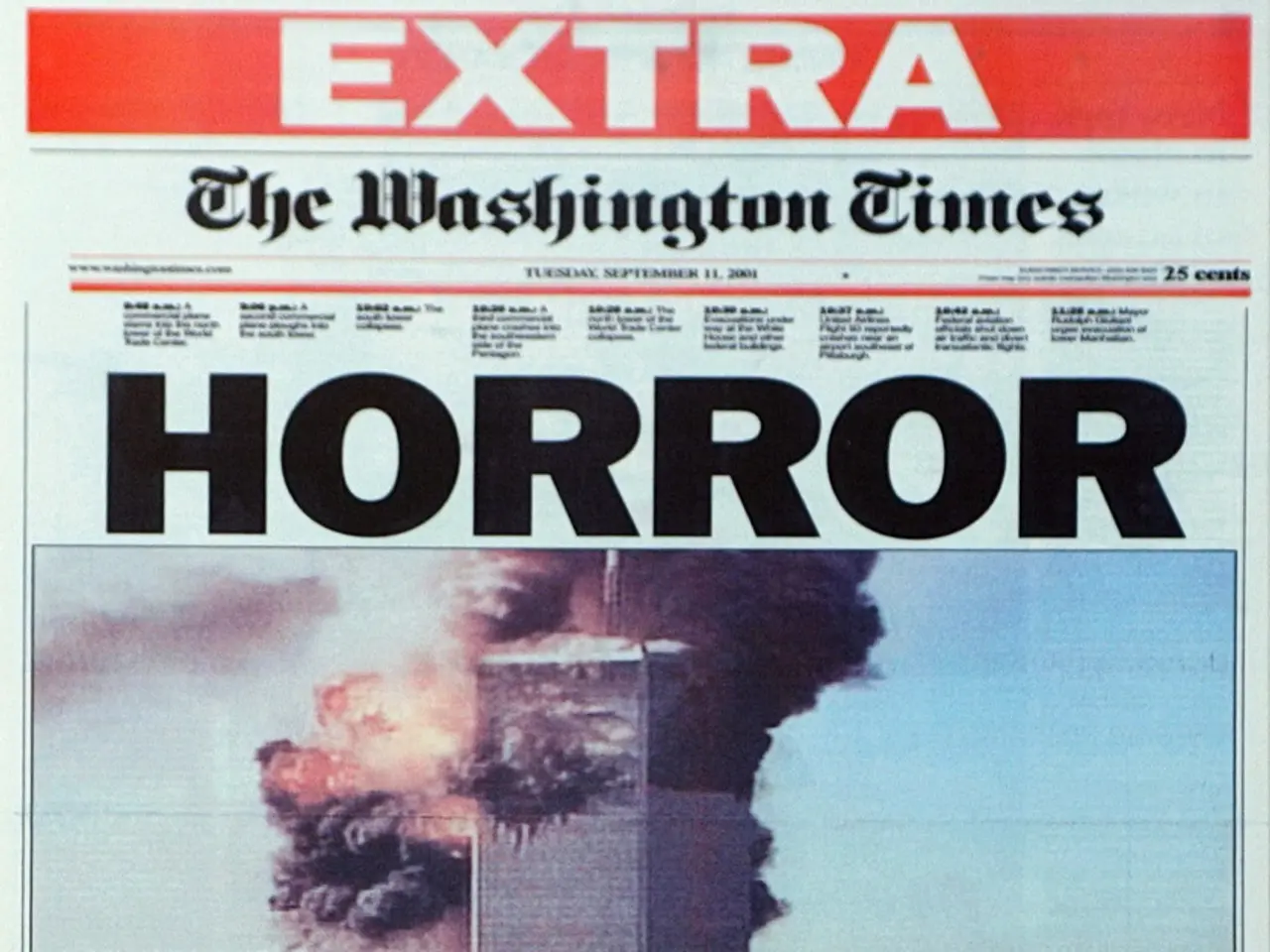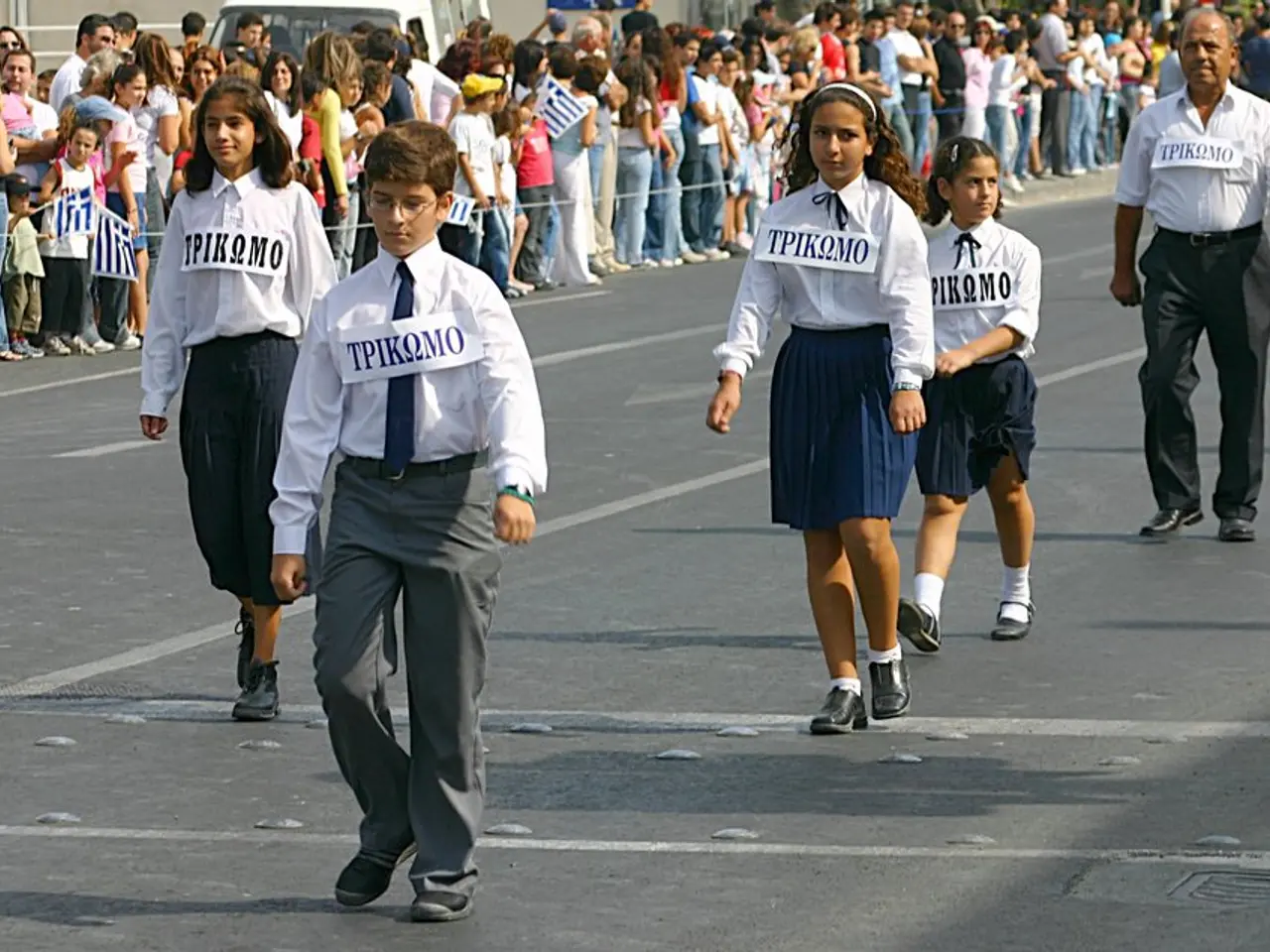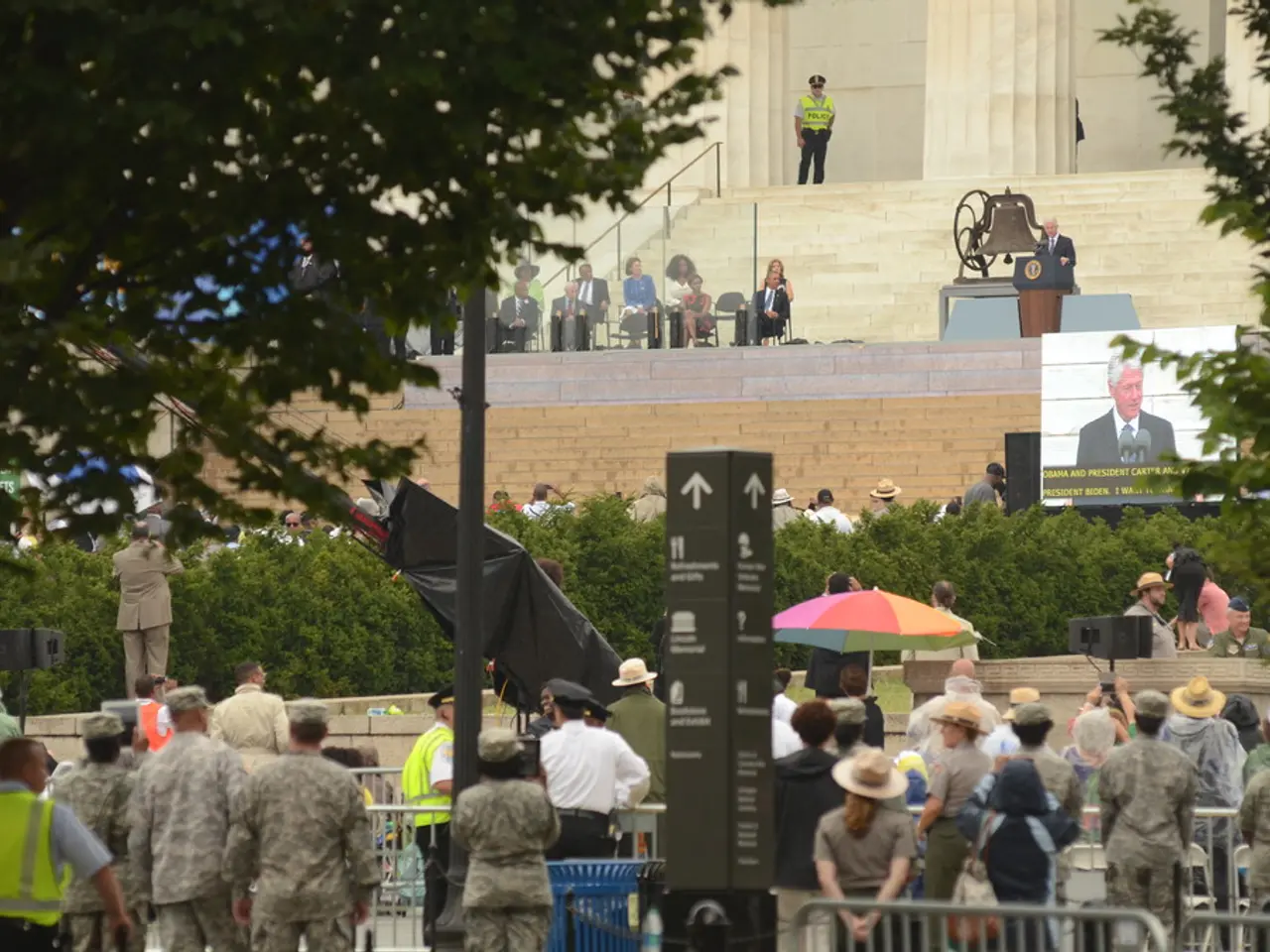Iran's Leader Khamenei Claims Trump Overstated Impact of US Attacks on Nuclear Facilities
IRAN'S VICTORY OVER ISRAEL AND THE US
Iran's Supreme Leader Ayatollah Ali Khamenei declared his country's "victory" over Israel and the US, two days after a 12-day war between the two foes ended. Khamenei made his statement in a speech carried by state media on June 26.
"The American President exaggerated events in unusual ways, and it turned out that he needed this exaggeration," Khamenei said, referring to the US strikes on Iranian nuclear sites. According to Khamenei, the US "has gained nothing from this war," and American strikes "did nothing significant" to Iran's nuclear facilities.
Khamenei's remarks followed a stinging row in the US over the actual extent of the damage inflicted by American strikes on key Iranian nuclear sites during the conflict. An initial classified assessment was said to have concluded that the strikes did not destroy key components and that Iran's nuclear program was set back only months at most. However, US Secretary of Defense Pete Hegseth said the initial assessment was low confidence, and, citing comments from Central Intelligence Agency (CIA) director John Ratcliffe, said it had been overtaken by intelligence showing Iran's nuclear program was severely damaged by the US strikes and would take years to rebuild.
The Israeli military said it had delivered a "significant" blow to Iran's nuclear sites but that it was "still early" to fully assess the damage. Despite this, Israeli Prime Minister Benjamin Netanyahu hailed a "historic victory" for Israel. Both Iran and Israel have claimed they emerged victorious from the conflict.
INTELLIGENCE ASSESSMENT
In the US, leaked intelligence opened up a Pandora's box of accusations and counter-claims over the extent of the damage caused by the strikes. According to military and civilian intelligence, the strikes inflicted monumental damage to key Iranian nuclear facilities, including deeply embedded and underground structures that were heavily shielded. Satellite imagery confirmed substantial destruction, particularly at critical sites such as the Fordow Fuel Enrichment Plant (FFEP) and the IR-40 reactor in Arak. The Israel Atomic Energy Commission and Israeli military leadership concur that the strikes, coupled with Israeli operations, have rendered important enrichment facilities inoperable and set back Iran’s nuclear weapons development by many years.
IRAN'S REACTION
Iran's own Foreign Ministry spokesman acknowledges that their nuclear installations were badly damaged, validating the impact of the strikes from Iran's perspective. It is unclear whether Iran has moved any of its highly enriched uranium to shield it from the strikes, but several key Iranian nuclear facilities were likely destroyed and would have to be rebuilt over the course of years. The US and Israel, on the other hand, insist that the strikes have set back Iran's nuclear progress by years, if not decades.
AFTERMATH AND NUCLEAR TALKS
After the war derailed nuclear talks between Iran and the US, Mr Trump said Washington would hold discussions with Tehran. Trump told reporters that Israel and Iran were "both tired, exhausted," before going on to say that talks were planned with Iran next week. "We may sign an agreement. I don't know," he added. Iran has systematically denied seeking a nuclear weapon while defending its "legitimate rights" to the peaceful use of atomic energy. It has also said it was willing to return to nuclear negotiations with Washington.
The Israeli strikes on Iran killed at least 627 civilians, Tehran's Health Ministry said. Iran's attacks on Israel killed 28 people, according to official figures. A state funeral will be held on June 28 in Tehran for top commanders and nuclear scientists killed in the war.
[1] Reuters. (2021, June 26). Iran nuclear program severely damaged, taking years to rebuild, U.S. officials say. Retrieved August 10, 2021, from https://www.reuters.com/world/middle-east/iran-nuclear-program-severely-damaged-taking-years-to-rebuild-us-officials-say-2021-06-26/
[2] Institute for Science and International Security. (2021, June 25). Iran Attacks - Reduction of Iran's centrifuges at Natanz has wider implications. Retrieved August 10, 2021, from https://www.isis-online.org/isis-reports/detail/iran-attacks---reduction-of-irans-centrifuges-at-natanz-has-wider-implications/11
[3] Hathazi, H. (2021, June 16). The Battle of Fordow: How Israel and US Agents Turned Back Iran's Nuclear Program. Retrieved August 10, 2021, from https://www.hourizan collegemr.com/new-college/the-battle-of-fordow-how-israel-and-us-agents-turned-back-irans-nuclear-program/
- The ongoing war-and-conflicts between Iran and the US has led to a significant rise in politics-related discussions, with policy-and-legislation debating the extent of damage inflicted on Iran's nuclear facilities.
- The general-news is filled with updates on the aftermath of the war, including the severe damage inflicted on Iran's nuclear program as per intelligence assessments, the rebuilding process, and potential future nuclear talks.






